Excessive pesticide and fertilizer use in Punjab since the last 30-40 years has led to the accumulation of dangerous levels of toxins which are contributing to increased health problems in rural communities. The schools in Punjab provide a solution.
Since last one year, close to 500 students across 70 government schools in Punjab’s Mansa district have been quietly setting an example in healthy living that the entire nation should learn from.
In their mid-day meals, these kids have been consuming organic vegetables.
So how did these schools manage to serve organic veggies and fruits to its children?
All the vegetables that are consumed in mid-day meals are grown and harvested by the students in the backyards of their schools as part of their curriculum.
In an innovative way to imbibe practical knowledge and lead a healthier life, students from classes 5 to 10 are being taught to grow vegetables like brinjals, mushrooms, chillies, bitter gourd, pumpkins and leafy vegetables.
This change in syllabi is part of a project called ‘Edible Gardens’, started by the district’s Horticulture Department under the state government’s “Tandrust Punjab Mission”.
Since the freshly harvested veggies are used in the mid-meal scheme, this project also addresses the problem of inadequate food supply in government schools.
The horticulture department trained the school faculty on topics like plantation, mulching, cultivation, nursery establishment, landscaping. Next, they provided gardening kits that include seeds and green fertilizers to the schools. Based on weather conditions and the landscape of the school, the horticulture department also shared tips on growing certain type of veggies or fruits.
Pesticides are replace with organic fertilizes that the school children prepare from kitchen and green waste, some schools also prepare compost from crop residues like wheat and paddy straw to grow oyster mushrooms.
To incorporate the initiative into the everyday schedule of the children, the schools prepared the time tables in a way that every school allots an hour every week to the edible gardens. They first learn about the week’s farming activity and then have practicals. To ensure every student takes farming seriously, it is treated like every other subject and students are given marks.
As for the harvest, it depends on the area of the garden and ranges from anything between a kilo to ten kilos. When the produce is very high, the schools distribute it among villagers for free.
The edible garden is a gift that is making students realize the hard work put in by our farmers to give us fresh vegetables. Children are not only learning to grow veggies but also concepts like shared labor, healthy eating, responsible agriculture and what it takes for a sustainable future
Models like edible gardens teach students eco-centric skills, alter the general negative perception about farming and teaches them a thing or two about being an eco-farmprenuer. If they are replicated in all schools across India, it can go a long way in promising a greener and healthier future for everyone.

This post is part of the We Are the World Blogfest, a monthly blogging event created by Damyanti Biswas and Belinda Witzenhausen to showcase stories of hope and light. This month, I’m helping out as a co-host, along with extraordinary bloggers : Sylvia McGrath,
Peter Nena, Eric Lahti, and Belinda Witzenhausen., Please hop over to check out their WATWB posts as well as from other WATWB participants for a dose of feel-good to last you a whole month. You’ll be happy you did!
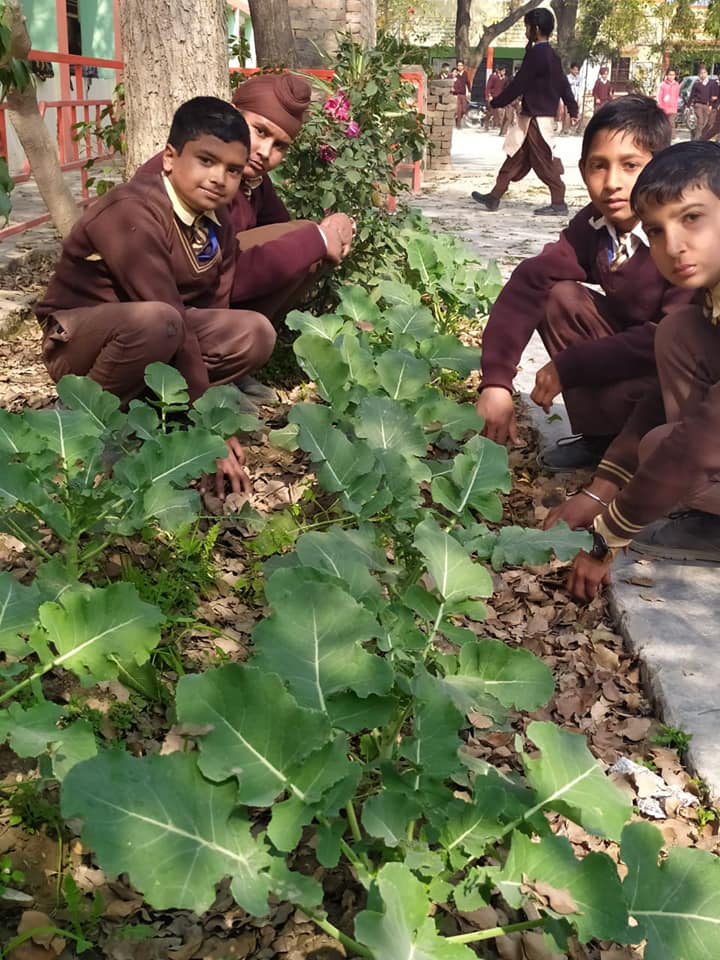

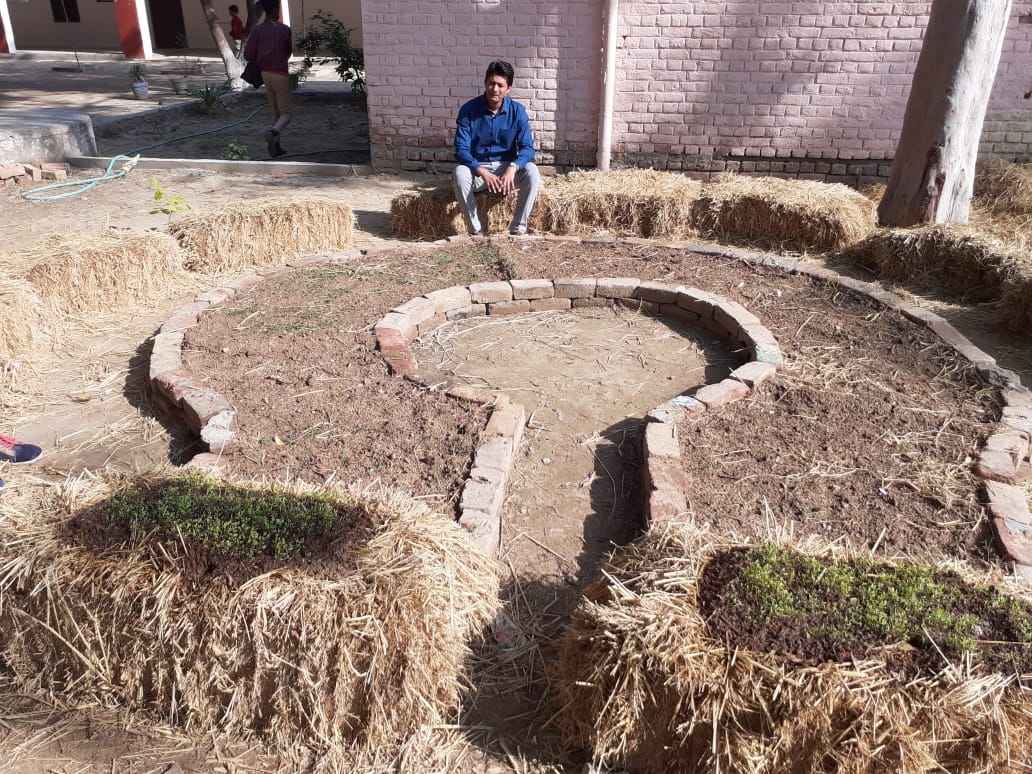
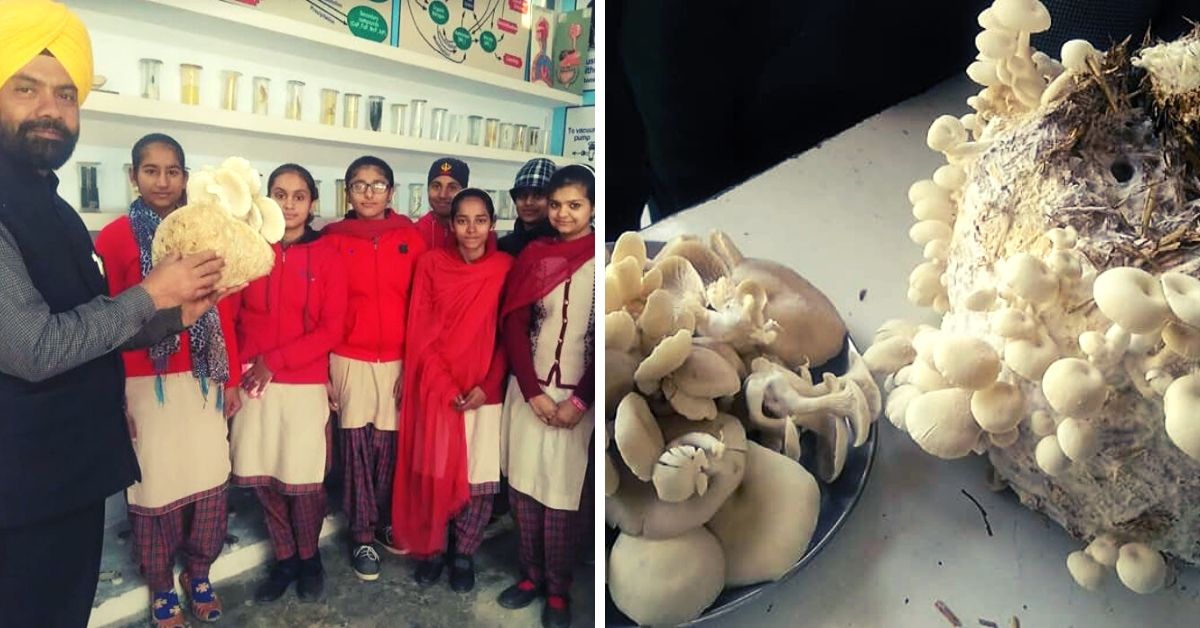
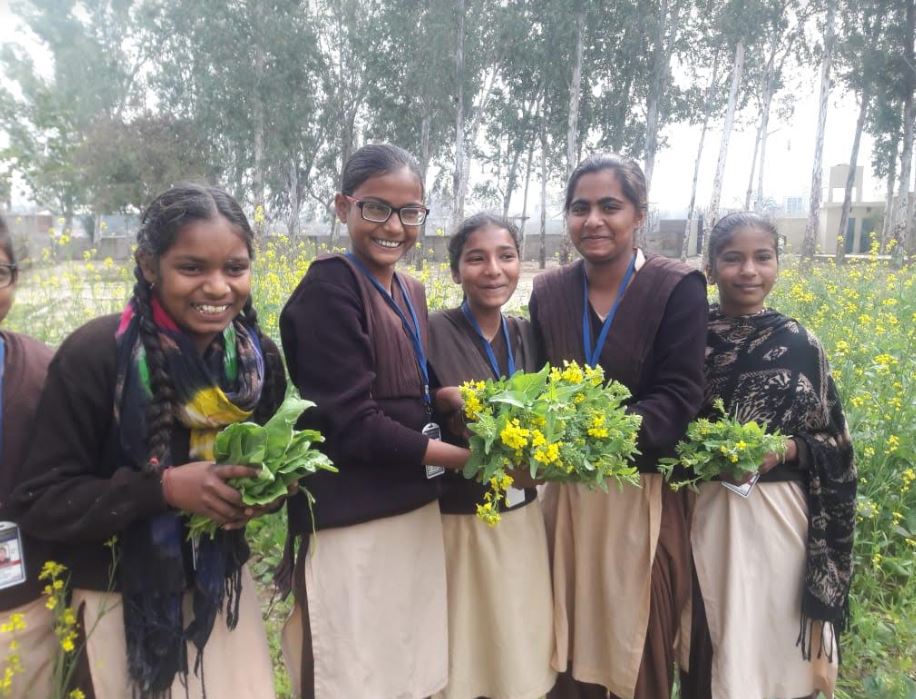
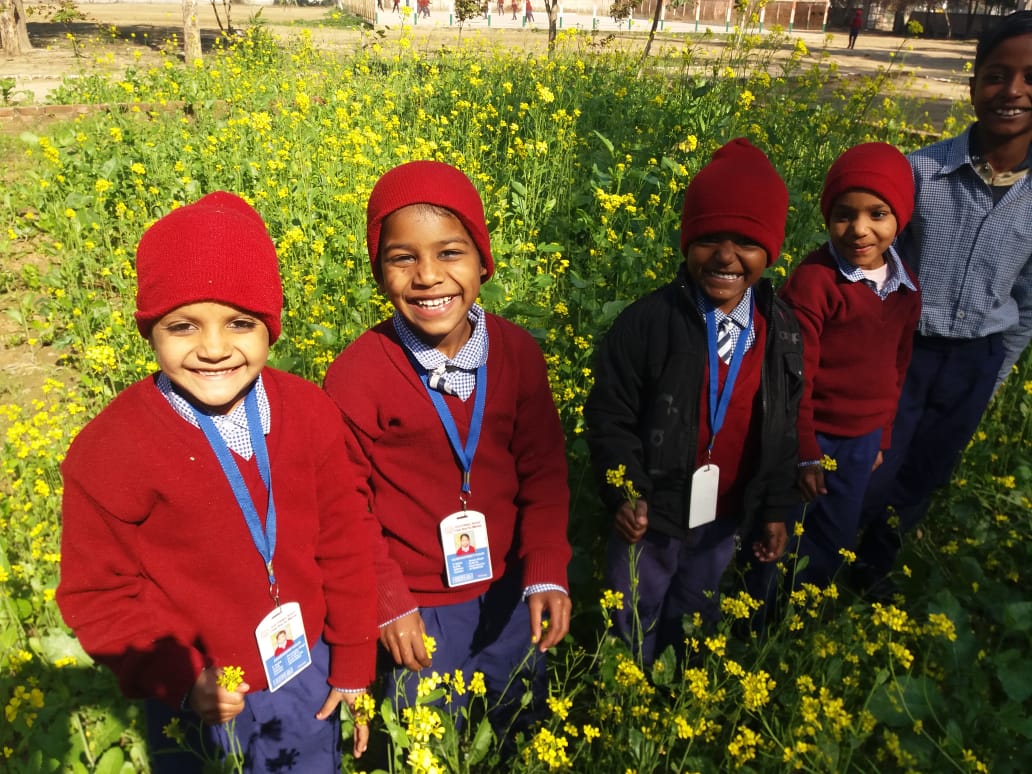
Great post! What an awesome initiative I wish more schools did this! Thanks so much for sharing this and for being a part of #WATWB
Wow that’s a really innovative way to drive a social message into the little minds plus practical botany classes…impressive
What a fantastic way to kill so many birds with one stone. Children learning the value of growing organic veggies, learning to care about the environment and their health plus learning to go back to their roots and appreciating it.
So happy to hear about such a wonderful initiative and this needs to be implemented on a larger scale in every school to give a chance to the kids to mature into environment loving human beings.
Excellent initiative and a great learning experience for the kids! Every school everywhere should do something similar. Thanks for sharing this inspirational story and for hosting the blogfest.
Every school should have a garden full of organic veggies and flowers. Great post!
wow, i love the initiative of schools of Punjab to teach the children about healthy farming and even the concepts of teamwork. the rewards are indeed fruitful here literally.
I wish every school in the United States had such a program, too. It would go a long way to easing the problem of childhood poverty, just as it does in other countries. Thanks for sharing such an inspirational post!
Hi Shilpa – what an amazing achievement … and then each child will have that knowledge as they go forward to adulthood and into their own communities; I think that’s just brilliant – and as Amy says … we should do this here in the UK … love it – cheers Hilary
https://positiveletters.blogspot.com/2020/02/we-are-world-blogfest-34-preservation.html
Wow, this is really a great initiative, Farmprenuer as well as providing organic farm veggies is a great cause these kids are doing. Thanks for sharing about this initiative and wish it spreads in every state and country too.
This is so inspiring! The more they learn to create and nurture, the less destructive they will be…
What a wonderful initiative, and positive, community and learning achievement. Thanks for sharing. And how great that children get to experience a connection with the earth. Something on a smaller scale is happening here, on Oahu, in the elementary schools, Hawai’i Farm to School Hui.
Amazing. What a lovely initiative. The best part is that it’s the children who are doing it. What way to inculcate good values in them
Wonderful. Same time, hope the students don’t forget why they go to school in the first place.
S ince last one year, close to 500 students across 70 government schools in Punjab’s Mansa district have been quietly setting an example in healthy living that the entire nation should learn from. In their mid-day meals, these kids have been consuming organic vegetables.
So simple and wholesome, Shilpa. Love it.
Really glad to read… this is very informative post. Keep on updating the post.Telugu gossips in Hyderabad
Thanks for sharing this useful information,regards
Organic online store hyderabad